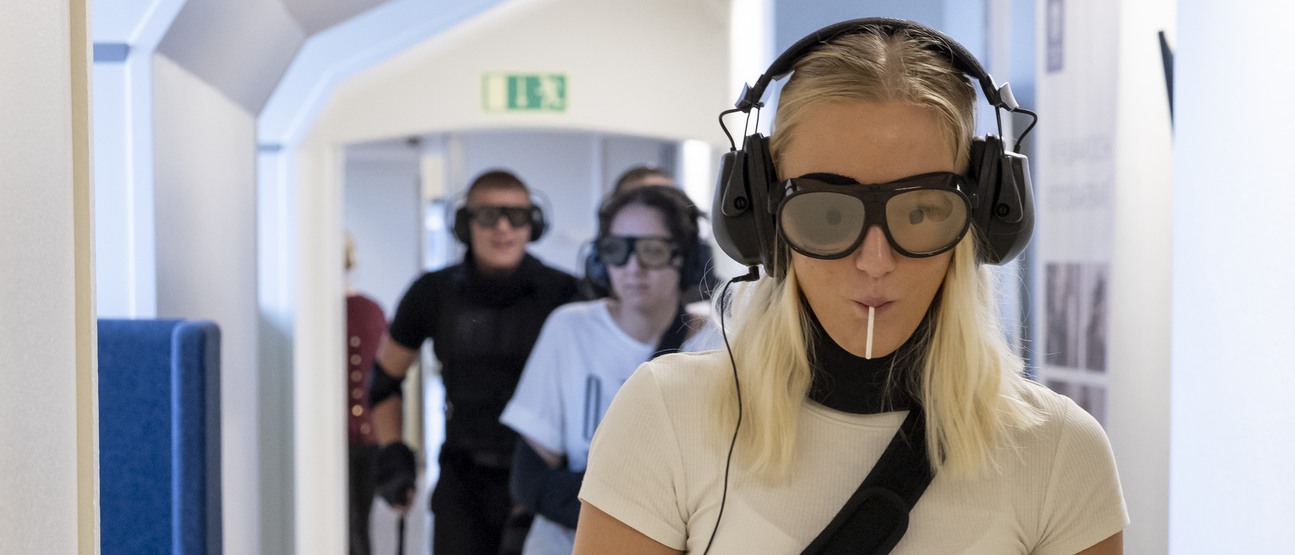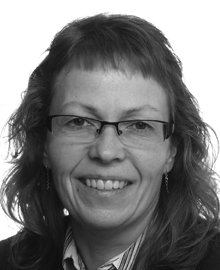
The overall aim of the project is to study how an educational intervention with simulation in age suit influences the understanding of ageing, being old and living with age-related health problems and care of older persons. Furthermore, the project aims to longitudinally study nursing students' views on ageing, older persons, and the care of older persons.
Experiential learning is the pedagogical basis of the educational intervention. "Walking in the older person's shoes" entails that learning becomes a process where the knowledge is "incorporated in the body". The simulation in age suit is carried out as an educational element in the fourth semester for all nursing students in SHC consisting of an innovation room and an accessibility-adapted apartment with health and welfare technology and other technical aids.
A successful way to change students' attitudes
Simulation has been highlighted as a successful way to change students' attitudes towards ageing. The need for research with simulation in age suit for increased understanding and changed attitudes related to ageing is raised as well as to include age-related health problems and to follow-up the effect and sustainability of the intervention. This motivates the planned project with a systematic evaluation of the effects and benefits of the ongoing intervention.
Data collection during education
The project consists of five sub-studies with data collection during the three-year education and one year after completing the education. The intervention is expected to provide a sustainable increased understanding and an interest in ageing, older persons and the care of older persons, as well as counteracting negative attitudes.
It is expected that the newly acquired knowledge and the changed approach will be applied in practice and make an impression, inspire and engage employees in a way that leads to a changed way of working with a positive impact on the older person's health, well-being and quality of life.
More about the project
The project is run in the form of a doctoral project with Björn Bouwmeester Stjernetun as a doctoral student. He is a PhD student in health and care sciences at Jönköping University. The main supervisor and project manager is Catharina Gillsjö. Jenny Hallgren and Elzana Odzakovic are assistant supervisors.






